
Good morning. It’s Thursday, Nov. 21.
- Justice Department wants Google to sell Chrome.
- Business school scandal ensnares Berkeley professor.
- And a futuristic home built into a Montecito hilltop.
Statewide
1.
Thanks in part to enthusiasm around artificial intelligence, California’s budget for the coming fiscal year is “roughly balanced,” the state’s Legislative Analyst’s Office said on Wednesday. In the first half of 2024, stock pay from just four companies — Nvidia, Alphabet, Meta, and Apple — accounted for nearly 10% of the state’s total income tax withholding, the office said. The overreliance on Silicon Valley is concerning, said Brian Uhler, a deputy with the LAO. “It could be billions of dollars of revenue impacts from even just a correction in Nvidia’s stock.” Bloomberg | CapRadio
2.
As a result of intense groundwater pumping between 1925 and 1970, parts of the Central Valley sank by as much as 30 feet in what researchers described as “one of the single largest alterations of the land surface attributed to humankind.” The subsidence, as it’s known, slowed for some years after the installation of new aqueducts. But it’s roared back over the last two decades, according to a new study. “There are two astonishing things about the subsidence in the valley,” said study author Rosemary Knight. “First, is the magnitude of what occurred prior to 1970. And second, is that it is happening again today.” Stanford Report
3.
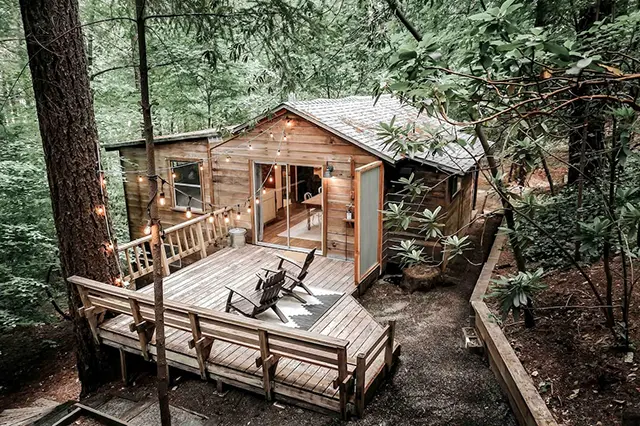
A modern A-Frame on the edge of Lake Tahoe. A treehouse-like place in the Mayacamas Mountains, pictured above. And a cozy cabin in the San Bernardino Mountains that feels like walking into a Hallmark movie.
Conde Nast Traveler analyzed ratings, amenities, and other factors for a list of the best romantic cabin getaways, including several California offerings.
Northern California
4.
The Justice Department asked a federal court on Wednesday to force Google to sell Chrome, its popular browser, in what would be a historic crackdown on one of the world’s biggest tech companies. After Google was declared an illegal monopoly in August, government lawyers argued that competition can only be restored if the company separates its search engine from products it has built to access the internet. In a blog post, Google executive Kent Walker called the proposal “radical,” staggering,” “extreme,” “unprecedented,” and “wildly overbroad.” Wall Street Journal | Washington Post
5.
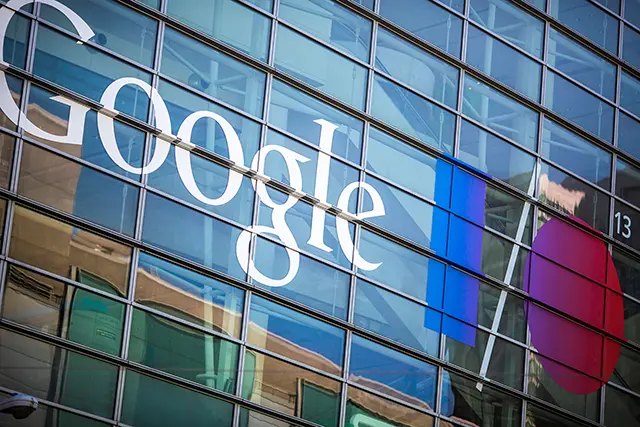
As Google has tried to avoid antitrust lawsuits over the last 15 years, it made deletion the default in its internal communications. It encouraged employees to always add a Google lawyer when sending documents, shielding their contents under legal privilege. Executives warned employees in a memo: “Think twice” before writing to one another about “hot topics.” The New York Times detailed how Google carried out a campaign of concealment that one antitrust judge called “a frontal assault on the fair administration of justice.”
6.
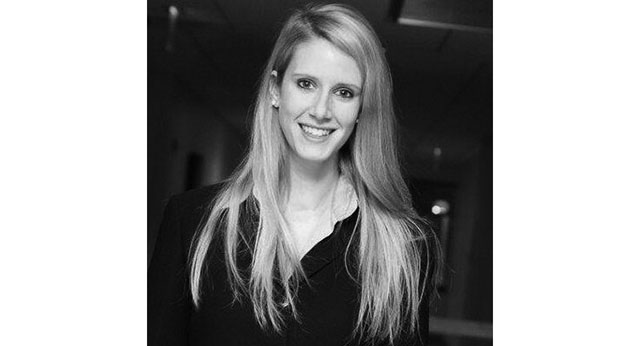
In the summer of 2023, Harvard Business School suspended a star professor over charges of research misconduct. One of her research partners, Juliana Schroeder, who teaches psychology at UC Berkeley’s Haas School of Business, responded by spearheading a large-scale audit of their field, ostensibly to contain the fallout. Instead, it implicated more researchers in the data-tampering scandal — including Schroeder herself. In an engrossing Atlantic investigation, a reporter wondered: Had Schroeder undertaken the audits to divert attention from her own wrongdoing?
7.
San Francisco is planning to ticket cars in parking spots that are not marked as prohibited. Under a new law, parking will be prohibited within 20 feet of crosswalks. But city officials say they don’t have the money to paint the curbs red. In a city where parking is torture, the latest threat of fines has enraged some residents. “They’re killing me as a driver,” said Madison Kane, who runs a hoarder cleanup company. “What they’re doing is killing commerce and trade.” S.F. Chronicle
8.

Adena Ishii, a 34-year-old civic organizer, edged out two political veterans to win the race for Berkeley mayor, making an extraordinary leap from relative obscurity to the city’s highest office. She attributed her upset to public frustration with dysfunction on the City Council, which has repeatedly descended into loud disagreements over Gaza, People’s Park, and homelessness. “My message in this campaign was that we needed a reset at City Hall,” she said. Ishii will be the Berkeley’s first Asian American mayor. KQED | Berkeleyside
Southern California
9.
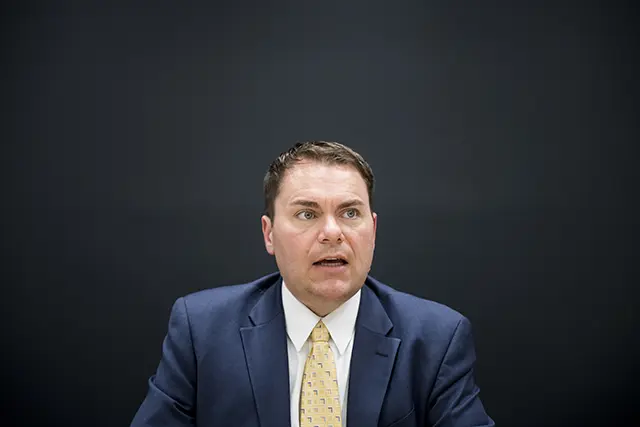
California’s Republicans have long tried to distance themselves from Donald Trump, projecting a more moderate image in hopes of winning swing votes in the deep-blue state. Then there’s Carl DeMaio. The former San Diego city councilmember won election to the state Assembly espousing full-throated support of Trumpism, even leaning into his hardline immigration stances. “I’m going to be pushing the Republican Party in a whole different direction,” DeMaio said. “If we want to be a majority in California, which is absolutely possible, we have to transform.” Politico
10.
Young people thwarted by the high cost of Los Angeles are creating a hip, communal oasis in Palm Springs. Sesar Orozco, a 31-year-old flora designer who was raised in the desert, said many of his friends from high school who tried to make their way in Los Angeles and San Diego have slowly trickled back. “Every year, more friends are coming back and realizing Palm Springs isn’t a dead town,” he said. “This is a movement.” L.A. Times
11.
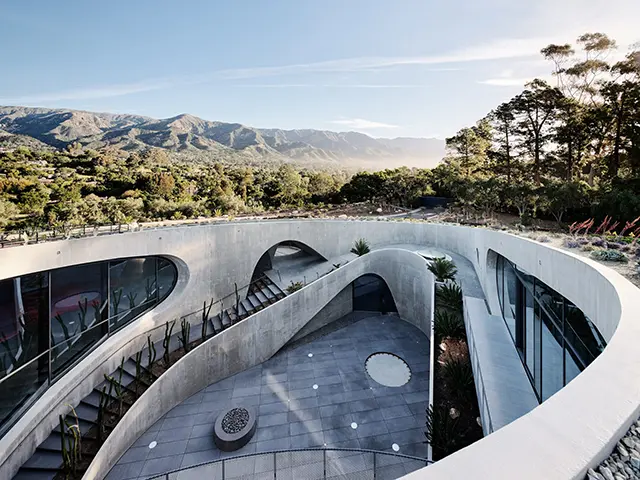
In 2015, the learning platform Lynda.com was acquired by LinkedIn for $1.5 billion, making its husband-and-wife founders, Lynda Weinman and Bruce Heavin, fabulously wealthy. That set the stage for their next creative endeavor. The couple brought in the architect Robin Donaldson to build them a home that would integrate into a hilltop in Montecito. Then Weinman asked a question that changed the course of the project: What if the house was the hill? The futuristic home that resulted has created buzz in architecture circles. Plain Magazine | Architect’s Newspaper
12.
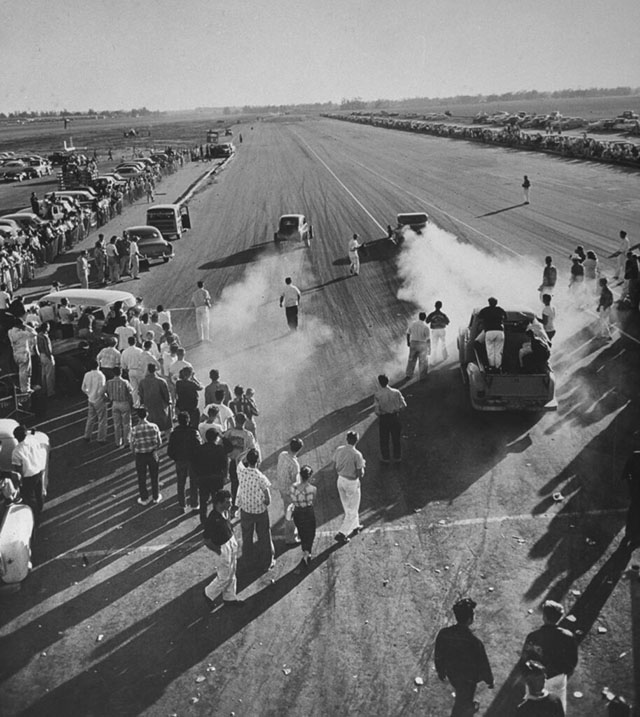
Before Indianapolis, Southern California was the capital of auto racing. In 1910, the world’s first wooden plank track held its inaugural races in Playa del Rey. Drag racing, according to several histories, was born in the 1930s on the dry lakes beds of the Mojave Desert. And it was at an airfield in Santa Ana, later renamed John Wayne Airport, that the first official drag race was held in 1950. LIFE.com revisited the Santa Ana Drags in a photo essay drawn from its archive.
- The Santa Ana drags ended in 1959. But the desert races are still going as strong as ever — and way faster, with top speeds over 200 mph. See a video introduction. 👉 YouTube
Editor’s note:
Wednesday’s newsletter included a 2023 Forbes article about a water fight in New Cuyama that was presented as if it were newly published. No corrections are necessary, but you can find more recent reporting here.
Thanks for reading!
The California Sun is written by Mike McPhate, a former California correspondent for the New York Times.
Make a one-time contribution to the California Sun.
Give a subscription as a gift.
Get a California Sun T-shirt, phone case, hat, hoodie, or tote.
Forward this email to a friend.
Click here to stop delivery, and here to update your billing information. To change your email address please email me: mike@californiasun.co. (Note: Unsubscribing here does not cancel payments. To do that click here.)
The California Sun, PO Box 6868, Los Osos, CA 93412
Wake up to must-read news from around the Golden State delivered to your inbox each morning.
